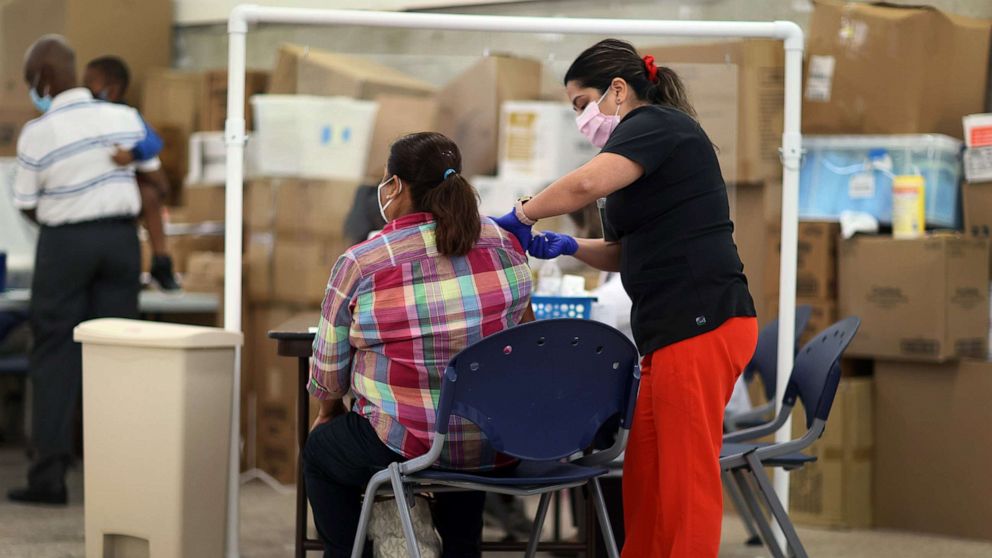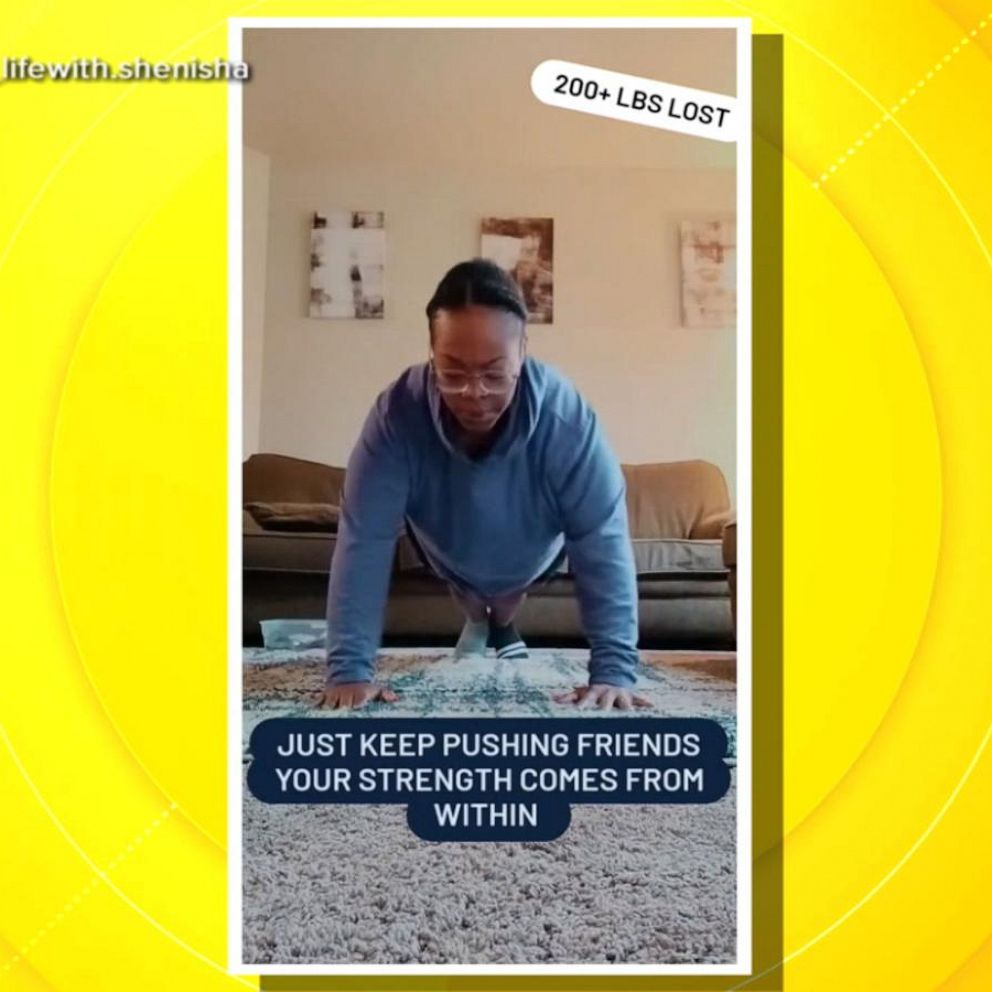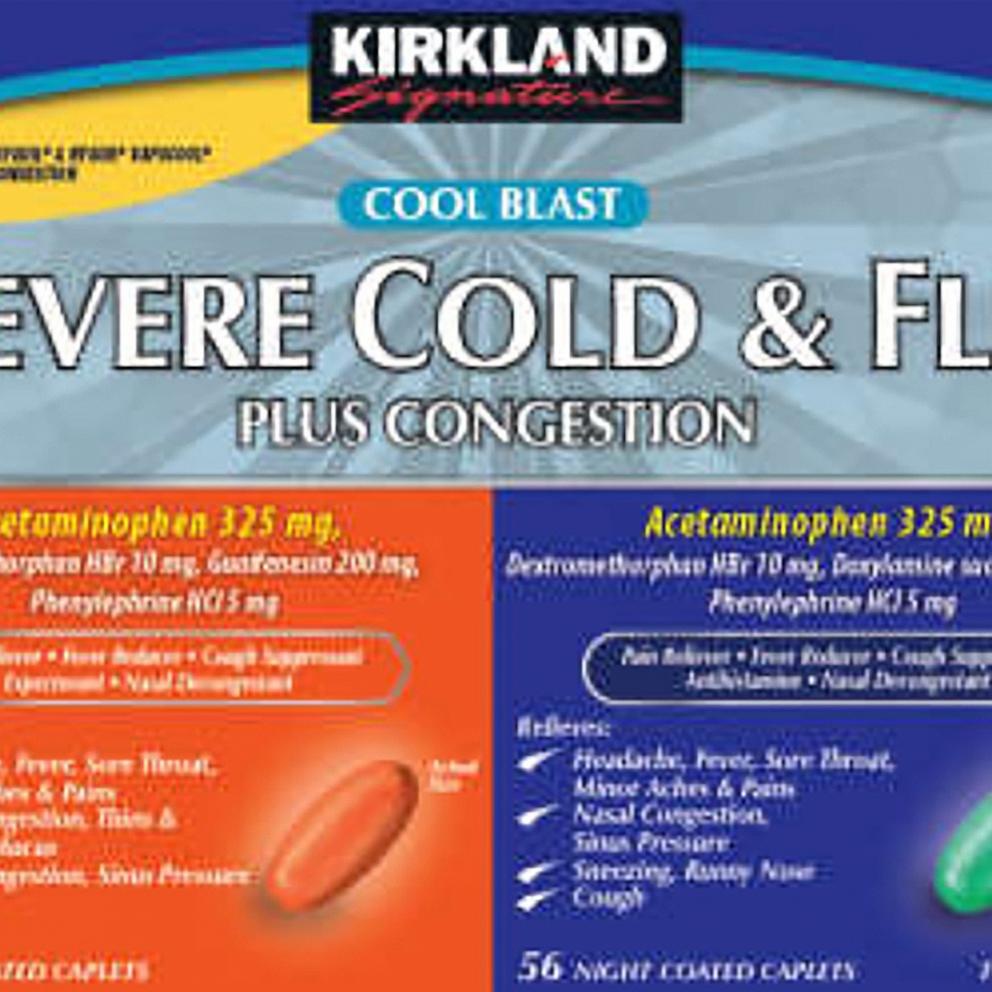If COVID-19 vaccines are free, why are some people getting bills?
The U.S. federal government prepaid for enough vaccines to cover every American, regardless of whether they have insurance, but some people still are being charged. Why?
According to the Centers for Disease Control and Prevention, COVID-19 vaccination providers cannot:
- Charge for the vaccine
- Charge directly for any administration fees, copays or coinsurance
- Charge an office visit or some other fee to the recipient if the only service provided is a vaccination.
Providers can seek reimbursement from a person's health insurance for a "vaccine administration fee," but individuals aren't supposed to receive a bill.
"No one should be paying for the vaccine, but we are seeing a lot of inappropriate charges," California Attorney General Rob Bonta told ABC News.
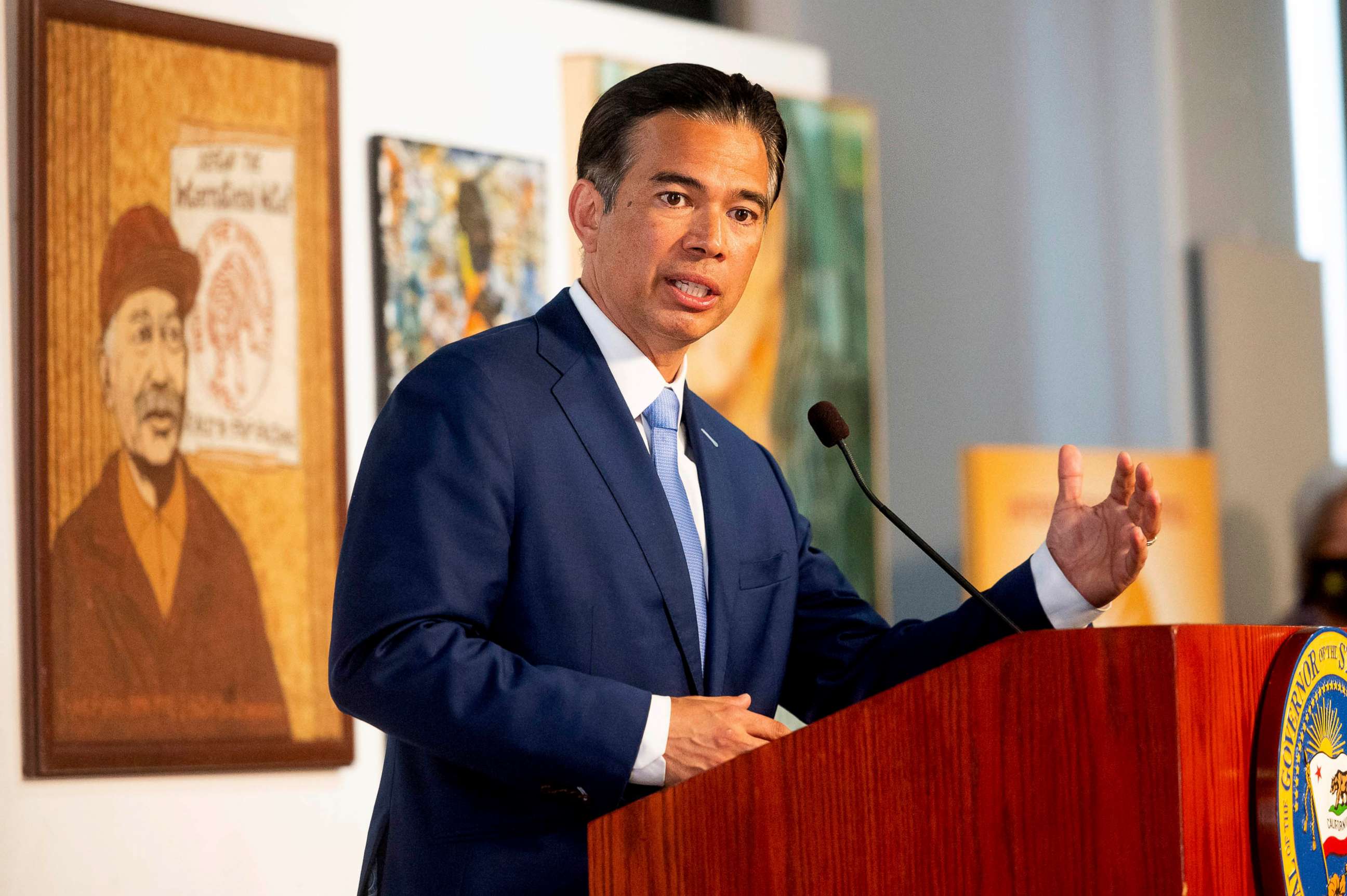
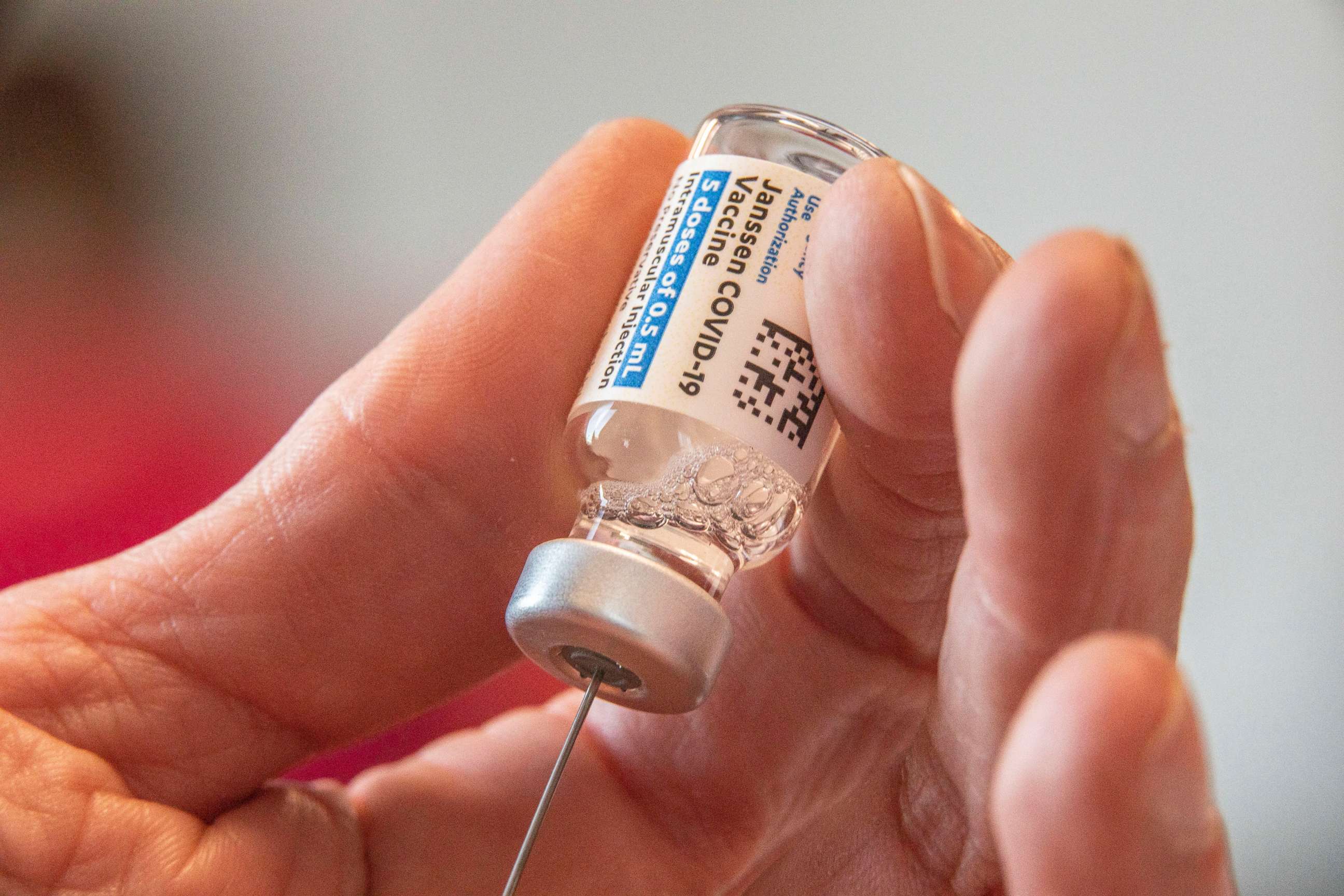
The federal government has created a hotline urging people to report if and when they've received fees.
Both Maryland and New Mexico have created state-specific hotlines to report fees. The attorneys generals of Colorado, New York and California are investigating instances of people being charged a COVID-19 vaccination fee.
It's a burden felt even more sharply in minority and lower-income communities.
"When you have a lower income, a fee can be a financial burden and another barrier to getting the vaccine," Bonta said.
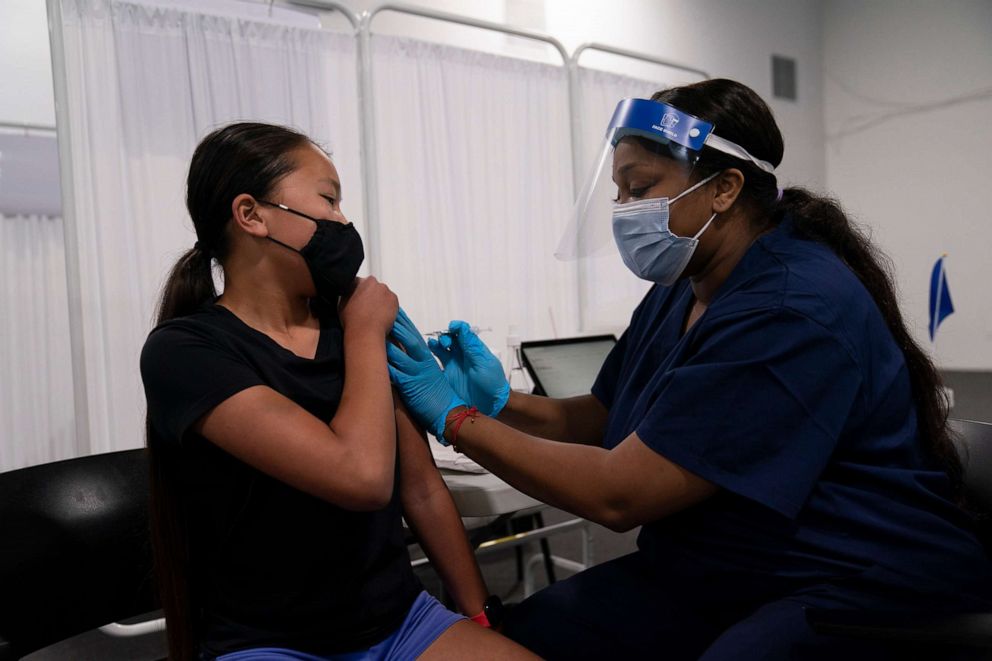
Providers who administer COVID-19 vaccines have volunteered to do so and signed a contract with the federal government to receive compensation from patients' private insurance or from a government fund set aside for those who are uninsured.
But, providers argue, the government funds don't always fully cover administering the vaccines, and an administration fee is reasonable to make up that difference.
"It covers nurses, doctors, all of the things that it takes to set it up," Unity Health CEO Vincent Keane told ABC News. "The medical assistants that give out the vaccinations, they were pulled from seeing patients, so that costs us money. The vaccines are free, but setting them up and doing them, transferring them -- all of that costs money."
But not everyone has been billed a fee, which highlights inequalities in America's health care system, experts said.
"We have a health insurance system that's fractured between the for-profit and non-profit and the government, and people are getting their vaccines from all kinds of different providers," said Carmen Balber, executive director of Consumer Watchdog. "That's why you're seeing different information being asked at different locations."
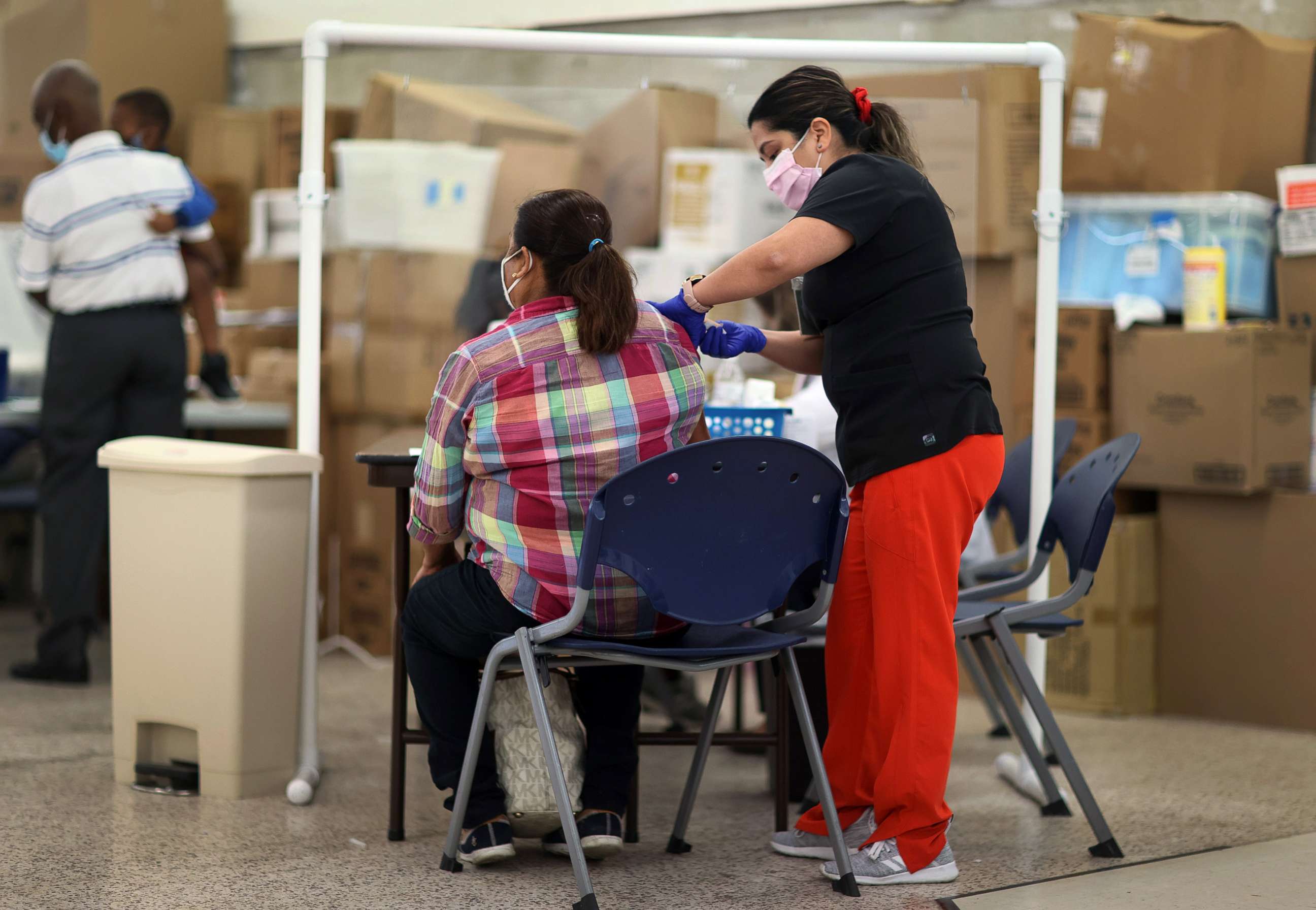
Bottom line? Anyone who receives a COVID-19-related vaccine bill shouldn't pay it, according to DHH. Instead, it should be reported here.
Whether you received the vaccination or whether or not you have insurance, receiving a COVID-19 vaccine is at no cost to you, the patient.
"We need to get everyone vaccinated," Bonta added, "and the same rules still apply to everyone, no matter the circumstances."
